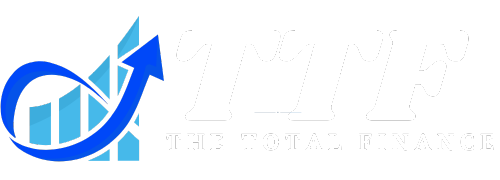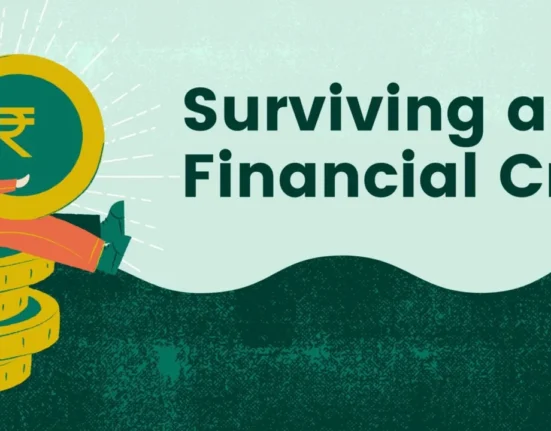Debt Management is an essential chunk of financial health and wealth management and its seriousness evaluates as we navigate through different stages of life. From youth to older to the golden period of retirement debt plays an impactful role and requires customized strategies. This guide focuses on ways to manage debt in different stages of life while sustaining financial stability.
Early Adulthood (18-30 years)
Early adulthood, such as the phase between eighteen and early thirty-one, often marks the beginning of financial freedom, but many individuals in this phase also struggle financially. The different types of loans that can be availed of financially are student, credit card, and car loans, and these loans can lead to financial chaos and unmanageable debt.
Advised Approach:
Managing debt in adulthood requires smart planning and discipline such as prioritizing high-interest commitments like credit cards which could be tackled quicker through debt consolidation or balance transfers. Budgeting assists in tracking income and expenses, allowing you to allot funds for specified areas of spending through which you can strategize to cut costs and debt repayment. If you are in this phase right now, you are highly advised to save for unforeseen emergencies because emergency funds reduce your dependence on credit cards in such circumstances. You are also advised to avoid lifestyle inflation, just focusing on long-term financial goals ensuring your income grows.
Midlife (30-50 years)
Midlife is the phase where you have to manage multiple things, professional life, and business or work life ensuring the work-life balance. Commonly this is the duration where financial stability is achieved or supposed to be achieved but many people also usually face financial tragedies due to improper financial planning in earlier phases.
Advised Approach:
Begin with efficient budgeting and money management, keep track of incomes and expenses, and get entertained with good debt only. Managing debt effectively involves considering debt consolidation and settlement strategies to lower interest rates and ease the focus to counter debt. Additionally, set targets to make extra payments against long-term debts such as mortgages while contributing to the retirement investment plan. Continuously evaluate financial goals and seek professional advice from good financial advisors.
Oldster Pre-retirement life (50-60)
This is the phase for ensuring work-life balance, utilizing experience in making impactful financial decisions, and leading the youth whether children, relatives, or youngsters around or at work. This is the phase for planning for post-retirement tenure with implementing proven wealth management strategies taking care of personal and financial health.
Advised Approach
In the range of 50 to 60 years, during the pre-retirement phase, additional emphasis is to be placed on having a sound debt management plan, as it is crucial for financing in the retirement years. Start with paying off high-interest debts such as credit cards and any mortgage or personal loans. Managing debt efficiently ensures that funds once used to pay off liabilities can be redirected toward retirement savings to ensure maximum contributions. It’s a good idea to also examine your portfolio of investments and check whether the current situation is consistent with the level of risk you are willing to take and when you plan on retiring. Work with a financial planner to smooth out strategizing issues, have minimal debt, and be comfortable during your retirement that is devoid of debt.
Post Retirement (60+)
It is actually an era to enjoy fruits you planted, the golden period. Typically this era is ideally considered when everything is well established and under control. But wrong financial decisions and poor debt management can make this era an age of regrets and nothing else. It is an age to completely prioritize your health and spending time with family, enjoying nature. None of this can be comfortably achieved without financial freedom and stability.
Advised Approach
After you retire and are above 60, managing debt becomes highly crucial in terms of financial security and mental energy. Try paying off any high compounded debts such as credit card bills or selling off or paying cash for your house to decrease your monthly spending. Try to develop a sustainable income strategy that comprises social security, pensions, and any last investments you have, for the future. Avoid taking new debts unless it is unavoidable and watch your spending by your set income. Be sure to talk to your financial planner regularly so they can help you adjust your budget or investment plans and make sure you can retire without stress and enjoy your life.
Final Words
Appropriate strategies to clear debt are critical to minimize stress throughout one’s life ranging from student loans to retirement. Staying on course, setting aside portions of one’s income for debt repayment, and reaching out to specialists can facilitate a stable financial base. Proper debt management plan can assist in attaining financial freedom at any given time period.








